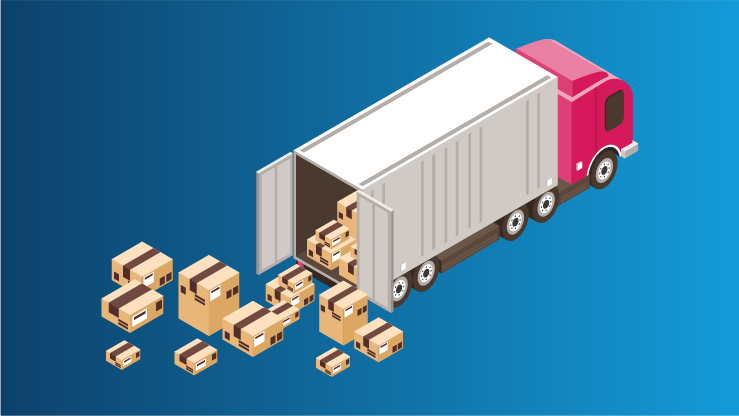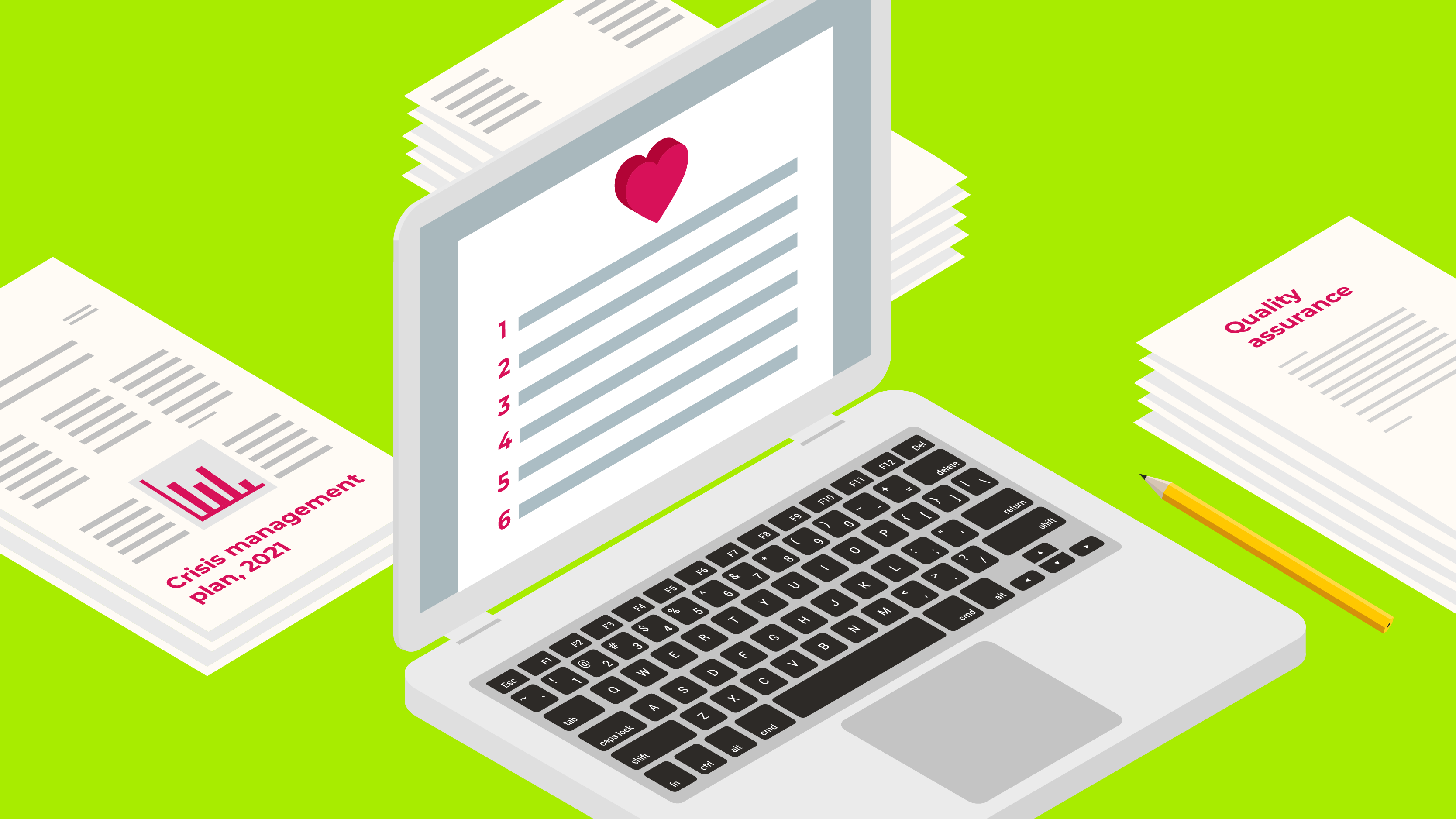Product recall events can span across a wide range of industries due to errors in processing, contaminated ingredients, faulty machinery or accidental human errors. In the last month alone, we’ve seen no less than three high profile food and beverage and consumer goods recall incidents from leading global brands.
Less than a week ago, Nestlé USA issued a recall on its chocolate chip cookie dough over potential presence of foreign material in the form of soft plastic film within the product. This comes less than a month after a recall of the fudge flavor cookie dough for another foreign body issue.
In the same month, British multinational consumer brand Unilever recalled 19 aerosol dry shampoos from brands including TRESemme, Suave and Dove. This was due to elevated levels of benzene – a chemical that can cause leukemia and blood cancers through skin contact.
Clorox similarly recalled 37 million units of scented surface cleaners and all-purpose cleaners containing bacteria which could pose a risk of infection for people with weakened immune systems. Customers were asked to apply for a reimbursement online.
All manufacturers have product recall exposures, and multinational corporations like Nestlé and Unilever are no strangers to recall incidents. In fact, product recall incidents are more common than not. In Q1 of 2022, the US hit a 10-year record high with over 900 million units of recalled goods across all industries. Studies show both frequency and severity of recalls are on the rise due to the ongoing supply chain issues and cost of living crisis.
It’s important to keep in mind that recall costs – such as the cost of getting the goods off shelves or back from customers - only make up a small percentage of the average loss. When an error or fault is discovered during production, investigations must take place to determine the reason.
Ultimately, recalls of any kind impact cash flow. Smaller businesses often have less financial leverage and are therefore more vulnerable to damage to brand reputation and loss of sales. In many cases, there will also be rectification costs to re-manufacture the products, clean down and repair of the production lines, and re-design the manufacturing process.
They can be one step closer to preventing a crisis by creating recall plans, crisis management plans and conducting mock recalls that are well laid out and frequently tested and ensuring business continuity and balance sheet protection with a product recall policy.
Find out more about CFC's product recall insurance policy or contact the team.



